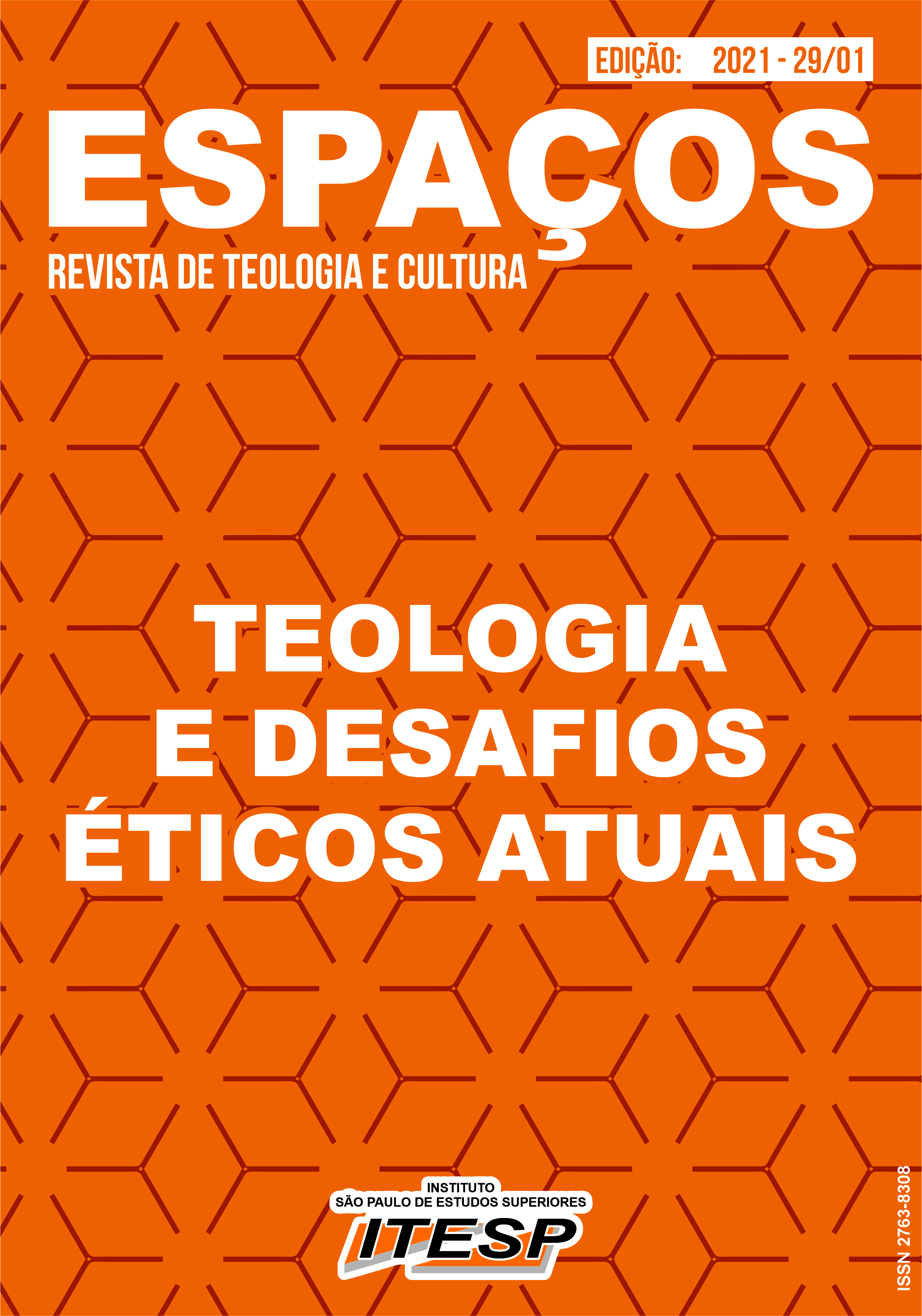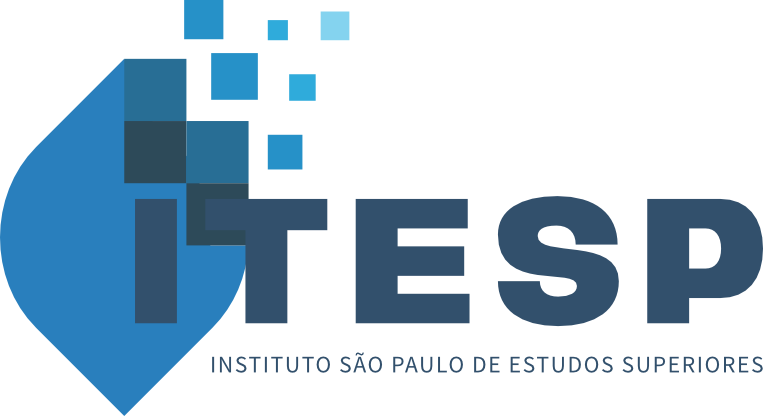Technoscience and socio-environmental crisis:
Ethical issues and contributions of the Christian faith
Keywords:
Technoscience, Socio-environmental crisis, Ethic, Christian faithAbstract
Technoscience, in the socio-environmental context in which we live, emerges as a problematic issue according to the philosopher Jorge Riechmann. Despite having its origin in a sophisticated stage of technoscientific intervention in human (natural) and planetary life, it has now become capable of drastically intervening in the vulnerable world to the point of presenting incalculable risks to humanity: ecological and generational destruction. Thus, the main challenge of technoscience lies in sustainability, which demands an ethic that directs it towards the common good and towards the preservation of life on the planet. In an attempt to promote such ethical support, the Christian faith contributes with its own basis and methodology: ecotheology. For this reason, ecotheology is in a position to answer the questions raised by Riechmann. The article summarizes the contribution of theologian Leonardo Boff and the teaching of Pope Francis in the encyclical Laudato Si'and in the apostolic exhortation Querida Amazônia as a consistent theological basis for facing the socio-environmental problems of the moment.
Downloads
References
BOFF, L.Sustentabilidade:O que é – O que não é. 5ª ed. Petrópolis: Vozes, 2012.
CADERNO DE DEBATE AGENDA 21 E SUSTENTABILIDADE: ÉTICA E SUSTENTABILIDADE, 2006. Disponível em: . Acesso em 01 fev.2019.
CARTA DE TERRA, 1992. Disponível em: <http://www.mma.gov.br/estruturas/agenda21 /arquivos/carta_terra.pdf. >.Acesso em 01 fev.2019.
CHIPANA, S.; ISMAEL, L.; DIETMAR, M. Ecoteología: espiritualidad y prácticas para salvar la Madre Tierra. La Paz: Tíka y teko, 2011.
FRANCISCO.Carta EncíclicaLaudato Si’: sobre o cuidado da casa comum. São Paulo: Paulinas, 2015.
FRANCISCO. Exortação Apostólica Pós-SinodalQuerida Amazônia. Brasília: CNBB, 2020. GURIDI, R.Ecoteología: hacia um nuevo estilo de vida. Santiago: Ed. Universidad Alberto Hurtado, 2018.
JONAS, H.O princípio responsabilidade: ensaio de uma ética para civilização tecnológica. Ed. PUC-Rio: Rio de Janeiro:Contraponto, 2006.
JONAS, H.Técnica, medicina e ética: sobre a prática do princípio responsabilidade. São Paulo:Paulus, 2013.
MILLEN, M. I. de C.; ZACHARIAS, R. (Org.). Ética teológica e Direitos Humanos.São Paulo: Editora Santuário, 2018.
MURAD, A.; TAVARES, S. S. (Org.). Cuidado da casa comum: chaves de leitura teológica e pastorais da Laudato Si’. São Paulo: Paulinas, 2016.
MURAD, Afonso (org.). Ecoteologia: um mosaico. São Paulo: Paulus, 2016.
MURAD, A. T. Consciência planetária, sustentabilidade e religião: Consensos e tarefas. Belo Horizonte, 2013, p.443-475. Disponível em: . Acesso em 03 fev. 2019.RIECHMANN, J.Um mundo vulnerable:Ensayos sobre ecologia, ética y tecnociência. Madrid: Catarata, 2 ed., 2005.
VOLPI, Franco. O niilismo. São Paulo: Loyola, 1999.
ZUBEN A,Von. Bioética e tecnociências: a saga de Prometeu e a esperança paradoxal. Bauru, SP:EDUSC,2006.




